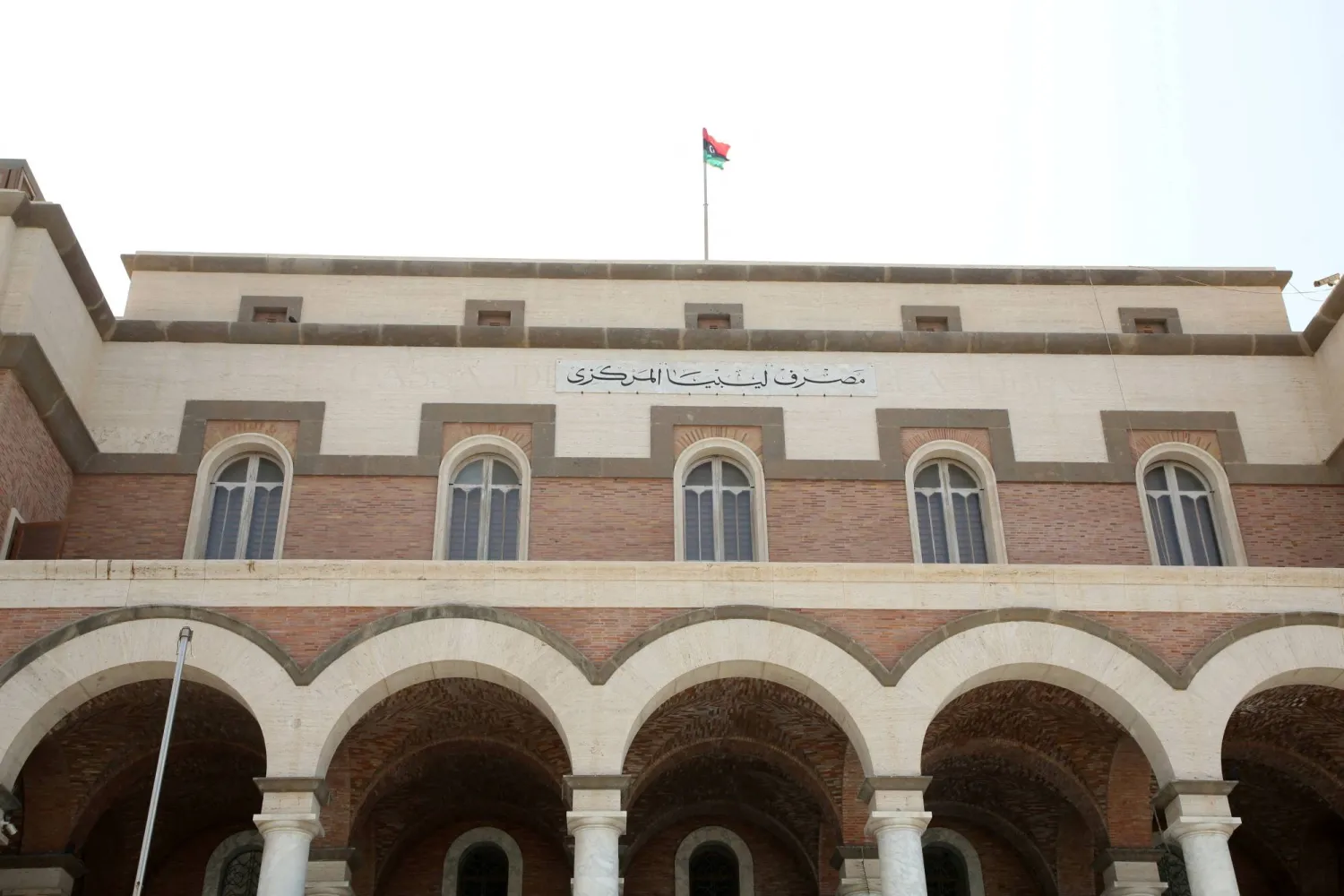The United Nations Libya mission said late on Thursday it was concerned about reports of forces mobilizing in Tripoli and threats of force to resolve a crisis over control of the central bank.
The mission's deputy head, Stephanie Koury, told the UN Security Council on Monday that the political and military situations in Libya had deteriorated rapidly over the previous two months, including a series of mobilizations by armed factions, reported Reuters.
"The display of military power and armed confrontations in densely populated neighborhoods is unacceptable and threatens the lives and security of civilians," the mission said in its Thursday statement.
The latest round of tensions emerged after efforts by political factions to oust the Central Bank of Libya (CBL) head Sadiq al-Kabir, with rival armed factions mobilizing on each side. Libya, a major oil producer on the Mediterranean, has had little stability since a 2011 NATO-backed uprising. The country split in 2014 between warring eastern and western factions, eventually drawing in Russian and Turkish backing.
Major fighting paused with a ceasefire in 2020 but efforts to end the political crisis have failed, leaving major factions in place, occasionally joining in armed clashes, and competing for control over Libya's substantial economic resources.
The country's political leaders are drawn from bodies elected a decade or more ago, or installed during periodic international peacemaking efforts to oversee repeated failed transitions. Diplomacy aimed at national elections to replace all Libya's political bodies has stalled.
Eastern Libya, where the parliament sits, is controlled by commander Khalifa Haftar's Libyan National Army (LNA).
Tripoli and the northwest, where the internationally recognized Government of National Unity (GNU) and most major state institutions are based, is home to rival armed factions that have repeatedly fought. In late July and early August rival groups in northwest Libya mobilized against each other, while the LNA moved a force into southwest Libya, prompting fears of east-west fighting.
Meanwhile there is a stalemate in the High State Council, one of the internationally recognized legislative bodies, after a contested vote over its leadership. The eastern-based House of Representatives parliament has also renewed calls to unseat the GNU and Presidency Council.
Tensions over control of the central bank were increased after Presidency Council head Mohammed al-Menfi issued a decision to replace Kabir and the board, a move rejected by the parliament.









